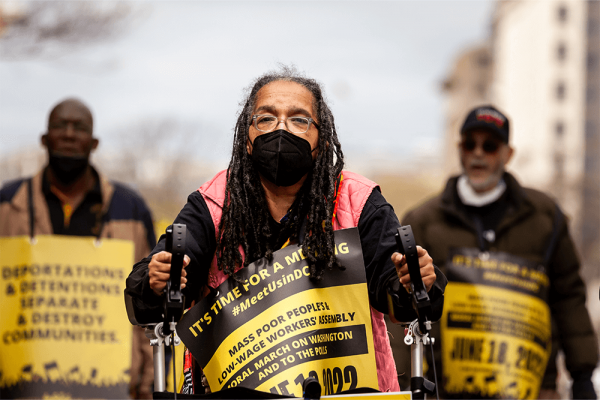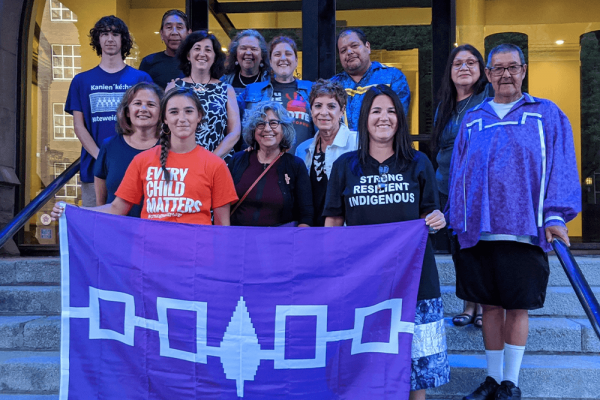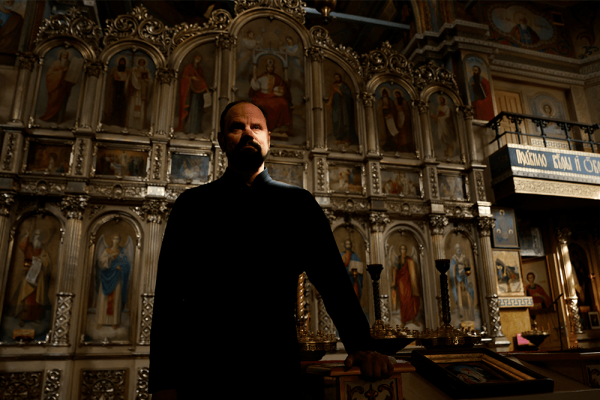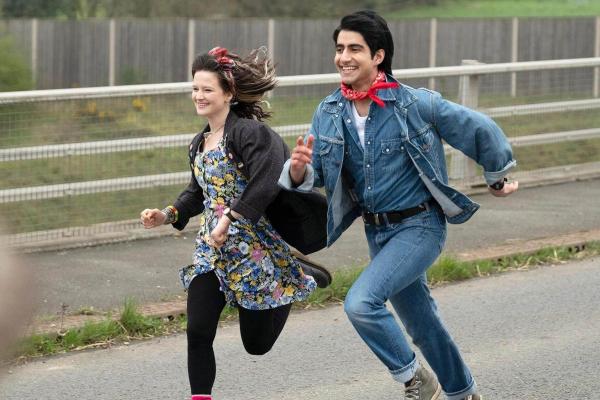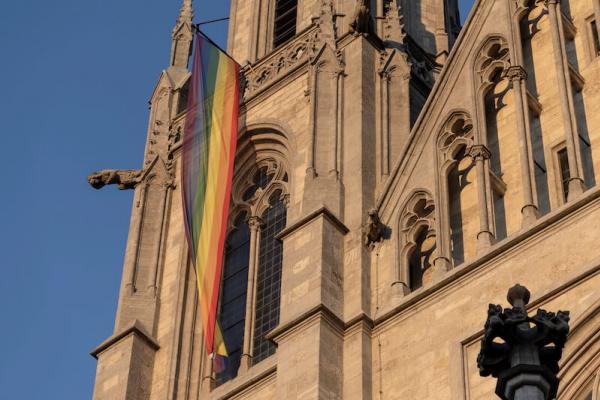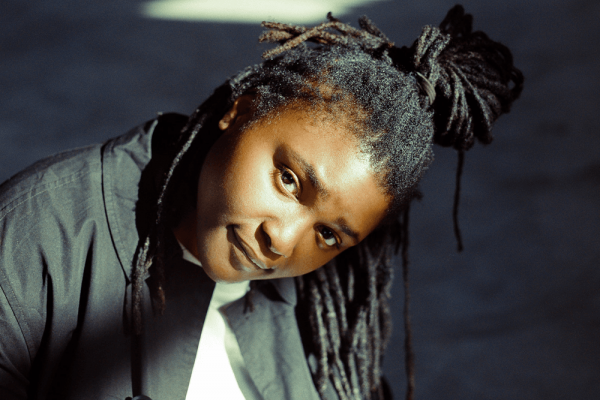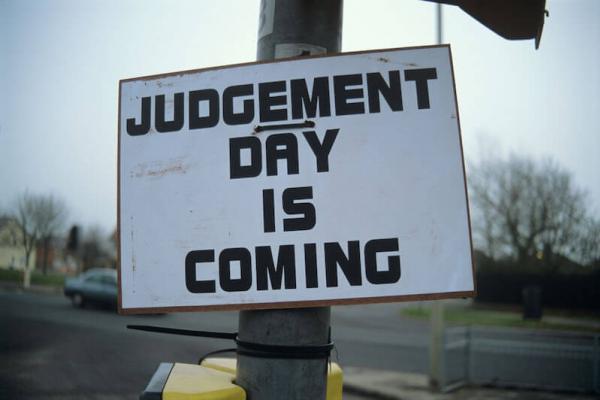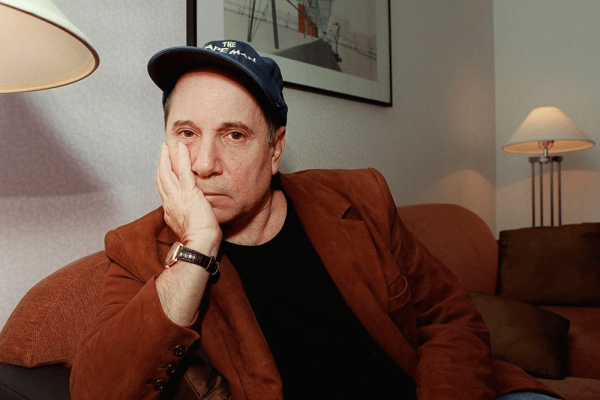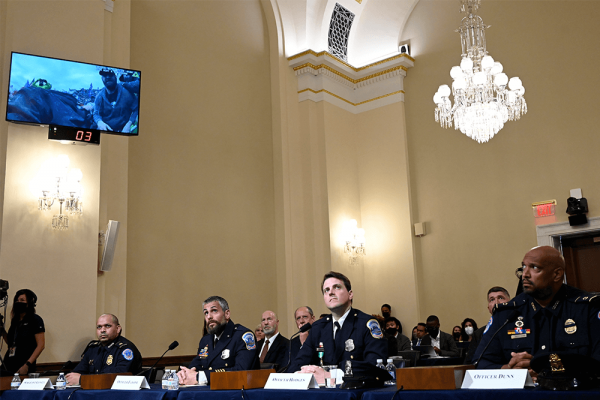Movements matter. When we join with others to make our voice heard, we have the power to spark people’s moral imagination and galvanize greater urgency to address issues that rarely show up in headlines or political priorities. This Saturday, the Poor People’s Campaign will convene on the National Mall in Washington, D.C., to address one of these overlooked crises: poverty.
Those inside Rochester, N.Y.’s city hall let out a roaring round of applause after nine council members unanimously approved a resolution to end its celebration of Columbus Day and replace it with a commemoration of Indigenous Peoples’ Day each October.
For years a vocal minority at Saint Nicholas’ parish in the middle-class Kyiv commuter town of Irpin resisted calls to split from their spiritual fathers in Moscow.
Rahab’s story deserves to be remembered, as do many of the films we encounter that address the nuances, joys, and sorrows of the immigrant experience.
Many queer folk bear the scars of wrestling with God in our world today. Rather than running from God, they’ve asked questions, encountering YHWH like Jacob who does not come out of the encounter unscathed. But as Reichel wonderfully articulates, we are not alone in our woundedness. Jesus Christ incarnate also enters God’s creation and is marked by the scars of this wrestling in the divine act of redemption. God is with us, wrestling with us, asking questions of us, and drawing us out of darkness and into a healing light.
“I don’t think we talk enough about the delight in sexuality, especially spiritually,” Oladokun told Sojourners. They also take inspiration from the spirit of the Last Supper, comparing queer love to communion and noting “there’s something kind of romantic about Jesus at a candle-lit dinner with a bunch of his bros being like, ‘I am this bread. I am this wine. I am what you can feed off of in this moment.’”
For those who have lost loved ones due to COVID-19, racist violence, or gun violence, Jesus’ apocalyptic hope that “the world as such” comes to an end is, perhaps, relatable. Here in the United States, we are expected to numb ourselves to the death-for-profit economy that’s been established; we are expected to go on with business as usual, never once pausing to cry out in judgment, “Woe to the world.”
Sharing my story about anything related to abortion causes me to worry for many reasons: For one, in the evangelical context I grew up in, “pro-choice” might as well have been a four-letter word. Secondly, it’s fair to wonder, “What does this dude from New Hampshire, who has had no personal experience with abortion, think he has to offer to this contentious, decades-long debate?” But that’s kind of what this story is about — it’s not what I know about abortion, but what I didn’t.
When the hearings air at 8:00 p.m. Eastern on major broadcast networks and many cable news channels, I will be watching. And I hope you watch too, even if you don’t consider yourself a political wonk. These hearings will be crucial for the future of our nation and our democracy; it’s imperative that Christians tune in and encourage others to do the same.
